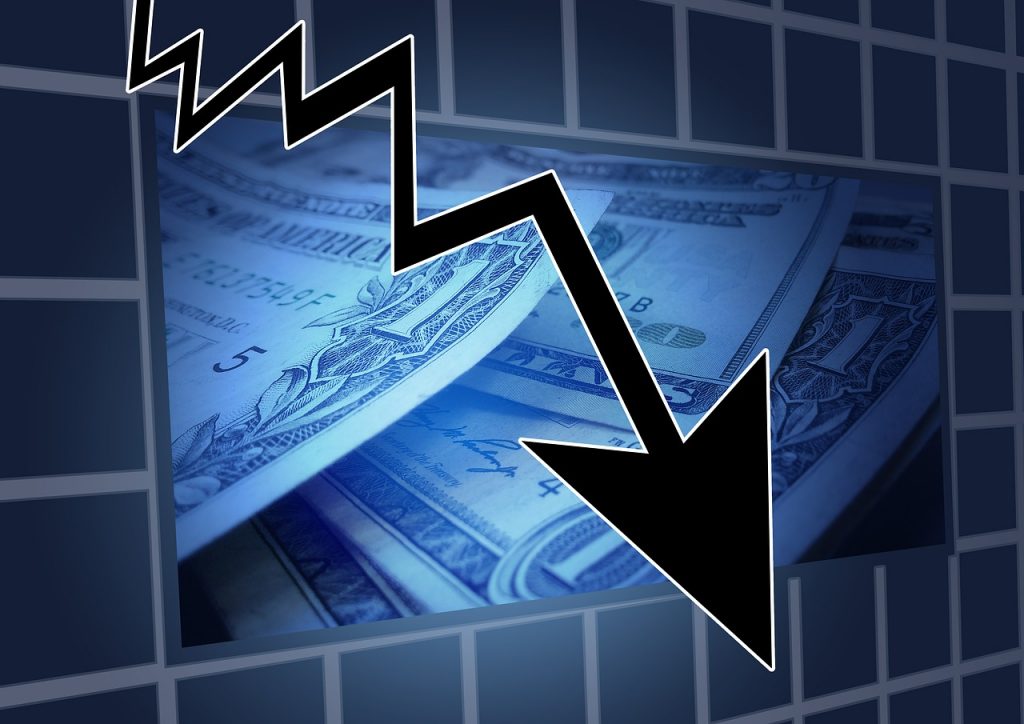Homeowners Losing Housing Equity Like Crazy?
Due to housing prices spiking in the past couple of years followed by recent declines related to rising interest rates, some homeowners are losing equity in their homes, but in general equity retention remains high overall.
This article is more than 2 years old
The U.S. housing market was booming throughout the pandemic. Home prices rose astronomically, but that did not keep buyers away. Unfortunately, the market is starting to exert pressure, causing a decline in home equity and bringing bad news to homeowners.
Last May, home prices had jumped 45% since the pandemic started. And homeowners loved it. That jump meant an increase in their collective equity.
That equity peaked at $17.6 trillion simultaneously with home prices. Then, mortgage rates began to increase. And that spelled trouble for homebuyers, who struggled to afford to buy with artificially high home prices and increased mortgage rates.
A CNBC report stated that “the monthly payment on the average home, with a 20% down payment on a mortgage, is up nearly $1,000 since the start of the year.” Under these conditions, home prices finally started to fall, though not by a lot. They are still up 41% above pre-pandemic prices.
But since June, potential buyers have seen a 2.6% price drop. It is the steepest drop since 2009. But, despite that seemingly good news, the average home price is still 10.7% more than it was in 2021.
However, buyers are not the only ones impacted by the sharp drop in home prices. Existing homeowners have also taken a hit to their record-high home equity. Mortgage software and analytics company Black Knight told CNBC that roughly $1.5 trillion in equity has disappeared since May.
The good news is that equity loss isn’t putting too much of a damper on the overall numbers. “Borrowers who bought their homes before the pandemic collectively have $5 trillion more than they did before the pandemic hit. That translates to a gain of $92,000 more equity per borrower than in February of 2020.”
Black Knight’s president of data and analytics, Ben Graboske, said: “While additional declines may be on the horizon, homeowner positions remain broadly strong.” But that hopeful news doesn’t extend to all homeowners. Many also face a loss in what’s known as tappable equity.

Tappable equity is the amount of equity available to the borrower while retaining 20% equity in their home. The collective number fell by $1.17 trillion. And it is the first decline in tappable equity in three years.
Graboske assesses that “this is obviously a situation that demands careful, ongoing monitoring, but to put that into context, just 3.6% of nearly 53 million U.S. mortgage holders are either underwater or have less than 10% equity in their homes, roughly half the share coming into the pandemic.” However, the total number of homeowners who are underwater remains relatively low. And that is good news for the housing market.
There are 500,000 homeowners underwater on their homes currently. That number has doubled since May, however. And it may continue to climb.
Those who bought homes in the past year did so at the peak of housing prices. The combination of overall inflation, and the steady march of rate increases the Fed is making, presents a potentially dire situation. For the moment, however, homeowners can continue to enjoy their higher equity and hope the market stabilizes soon.








